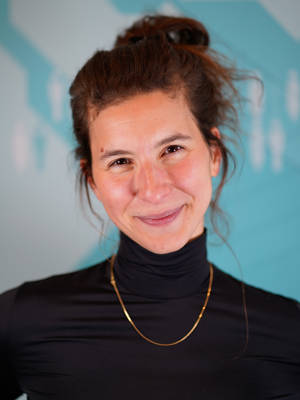In 2024, 676 million women lived in areas affected by conflict. UN Security Council Resolution 1325 on WPS recognizes both women’s disproportionate burden in war and supports their agency in achieving a gender-transformative peace. Research indicates that to achieve Sustainable Development Goal (SDG) 16, which aims for peaceful and inclusive societies, we must prioritize SDG 5 on women’s empowerment.
To fully understand women’s mobilization for peace and gender reforms post-war, we need coherent, nuanced, granular, and structured data which brings together information throughout a peace process lifespan. The EMPOW project will contribute to this understanding by creating two interoperable datasets: EMPOW Agency and EMPOW Reform. Furthermore, by ensuring compatibility with leading crisis data, such as the Uppsala Conflict Data Program (UCDP), PAX and VDEM, we can generate and harmonize data on women’s empowerment across all phases of the peace process– from pre-negotiations to post-war peacebuilding. The project is a collaboration between PRIO and the Department of Peace and Conflict Research at Uppsala University. EMPOW also cooperates with the University of Denver, covering historical trends and key international women’s empowerment processes from 1945 to 2025.
The primary audience for this project includes experts, decision-makers, activists, and professionals at both the local and global levels. This initiative aims to strengthen women’s involvement in peace processes and assist donors and leaders in designing sustainable post-war recovery programs.
EMPOW team has expertise in handling complex datasets, machine learning methodologies, and implementing cutting-edge research on WPS, political violence, ceasefires, and DDR. It further leverages expertise in complex datasets to ensure credibility, independent approaches, and stakeholder engagement, promoting active data use.
EMPOW is funded by a The Complex Risk Analytics Fund (CRAF’d).














